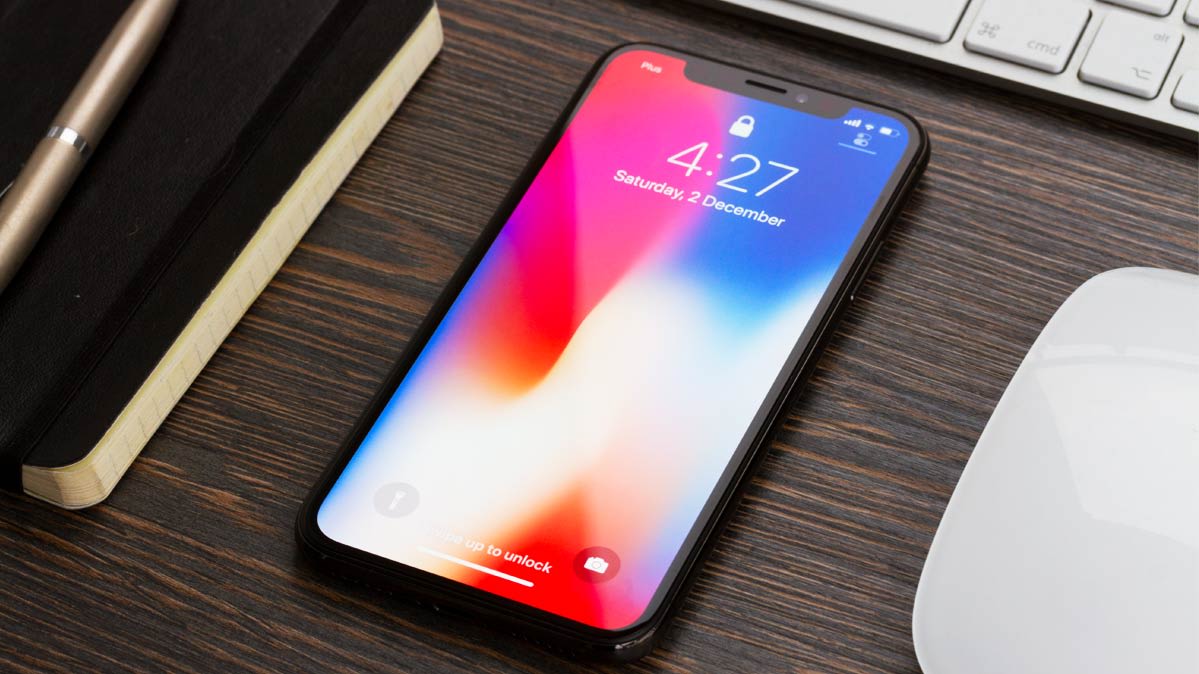
In a world where technology advances at an exponential rate, our mobile devices such as smartphones, tablets, and e-readers become obsolete faster than ever. In our quest for the latest features and superior performance, we often overlook the environmental implications of discarding these devices. The majority of them unfortunately end up in landfills, contributing to the escalating problem of electronic waste or e-waste. But there's a sustainable alternative - recycling. This post takes an in-depth look into how recycling your old mobile devices can contribute to a healthier and more sustainable planet.
Electronic waste, or e-waste, is a term that encompasses discarded electronic devices, components, and accessories. This includes everything from obsolete refrigerators and televisions to outmoded mobile phones and tablets. The Global E-waste Statistics Partnership reported that humanity generated an alarming 53.6 million metric tons of e-waste in 2019 alone. The figure is expected to rise as our reliance on technology deepens.
Mobile devices, due to their short lifespan and our societal dependence on them, constitute a substantial part of this waste. With the regular launch of upgraded models, devices are often discarded in favor of their newer counterparts. This cycle of consumption and disposal contributes to the mounting e-waste problem.
The predicament with e-waste lies in its detrimental environmental impact. Electronic devices often contain hazardous materials like lead, mercury, and cadmium. When improperly disposed of, these toxic substances can leach into the soil and water, causing significant harm to ecosystems and posing health risks to humans and wildlife.
Moreover, e-waste embodies a missed opportunity for resource recovery. Discarded devices are a rich source of valuable materials, including gold, silver, copper, and rare earth metals. Through recycling, these elements could be recovered and reused, thus preserving natural resources and reducing the need for environmentally damaging mining practices.
Recycling your mobile devices has several significant benefits that contribute to environmental sustainability. Here's a closer look:
Mobile device buyback and recycling programs, such as those offered by Tech Reboot, are instrumental in reducing e-waste and promoting environmental sustainability. These programs simplify the process of recycling old devices. They assess the value of your device, offer you a monetary incentive for recycling it, and ensure that it is either responsibly recycled or refurbished and resold, thereby extending its life. Participating in these programs is an easy and rewarding way to do your part for the environment.
While industry-wide changes are crucial, individual consumers play a significant role in promoting sustainable practices. By choosing to recycle old devices rather than discarding them, each one of us can contribute to reducing e-waste and its associated environmental impacts. Furthermore, by supporting companies that prioritize sustainability and participate in buyback and recycling programs, consumers can influence industry trends and encourage more responsible behavior.
The environmental benefits of mobile device recycling are clear. It conserves resources, saves energy, reduces pollution, and helps mitigate climate change. But recycling is not just good for the planet – it's also good for consumers. Buyback programs offer financial incentives for trading in old devices, making it a win-win situation for both the environment and the consumer.
In a world increasingly reliant on technology, it's essential to find sustainable ways to manage the lifecycle of our devices. Through responsible recycling practices, we can enjoy the benefits of our mobile devices without compromising the health of our planet. So the next time you're thinking about upgrading your smartphone, remember: don't just replace, recycle!